In the first ever Plastic Recovery Month in July, the Pet Sustainability Coalition (PSC) and its members collected 92,000 lbs (42 tonnes) of plastic from nature and oceans. The PSC invited all its members and others to join the initiative, which addresses the pet industry’s unrecycled plastic waste. “We believe action can’t wait for a perfect solution, and we’re offering a practical way to make a measurable impact,” explained Jim Lamancusa, CEO of the PSC.
Plastic pollution endangers the places that we and our pets call home. The pet industry uses over 300m pounds (136m tonnes) of plastic packaging each year, and 91 per cent of which ends up in landfills, oceans, or the natural environment. PSC says that “tackling this crisis is a shared responsibility to ensure a healthier planet for future generations of people and pets alike.”
RePurpose Global runs a network of projects worldwide. They recover plastic that would otherwise pollute the environment, build recycling infrastructure where it’s needed most and empower communities. To date, they have recovered over 77m pounds (34,000 tonnes) of plastic. RePurpose’s robust tracking system uses Verified Plastic Recovery (VPR), the gold standard for accountability in the fight against plastic pollution. One VPR unit is a non-transferable certificate representing the collection and ethical processing of one pound of plastic waste. RePurpose’s groundbreaking VPR protocol ensures that all recovered plastic waste is ethically sourced and tracked from start to finish.
The PSC aimed to collect at least 250,000 lbs (113 tonnes) of nature-bound plastic in this July. Ultimately the target for this latest industrywide activation wasn’t reached, but progress has been made. “We are thrilled with the first year results of Plastic Recovery July. Our members combined forces to remove nearly 100,000 pounds of nature and ocean bound plastic in a single month,“ Lamancusa rejoiced.
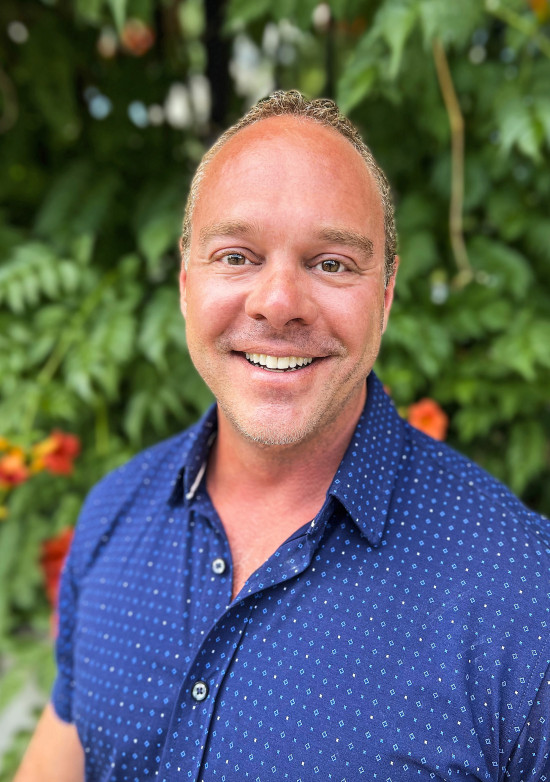
“And perhaps even more importantly, we’ve laid the groundwork for even more action in the coming years – thanks to RePurpose Global, APPA, and all of our participating members.”
There were two different ways to get involved. One option was for a brand to claim a certain amount of plastic recovered by RePurpose. Alternatively, they could sponsor the initiative and motivate employees, customers and stakeholders through the Plastic Pawsitive Team Challenge. Recognising the power of collective action, the American Pet Products Association (APPA) matched 50,000 dollars worth of contributions to the Plastic Recovery July. Company sponsorships started at 1,000 dollars. Besides of the verified impact on planetary health, Lamancusa added, that companies could amplify their brand’s sustainability story with marketing tools, such as live impact data, widgets, a marketing toolkit, and more.
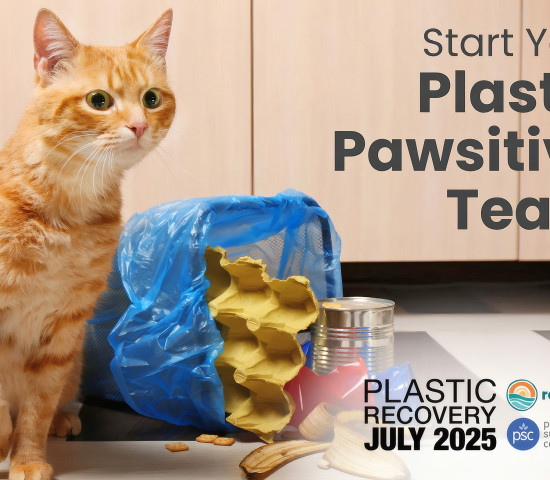
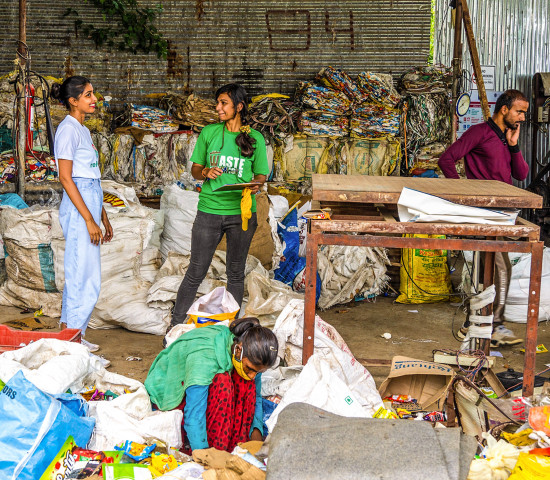
Plans for next year
When asked why July and how they came up with the idea, Lamancusa stated, that many people around the world are familiar with the ’Plastic Free July‘ movement. “However, going completely plastic-free isn’t yet feasible for many companies in the pet industry. We’re redefining Plastic Free July to reflect what’s possible now.“ He added, “by focusing on plastic recovery – especially as our members transition toward recyclable packaging – we’re taking one of the most immediate and measurable actions to reduce our environmental footprint and accelerate industry-wide impact.“
Four critical ecosystems, including coral reefs, Himalayan foothills and mangrove forests, were protected. More than 1,070 waste workers were supported in gaining dignified and secure jobs, and over 800 women were empowered as leaders in environmental protection. Three countries were impacted overall: Kenya, India, and Indonesia.
As part of the project Bahari Safi ’Clean Ocean‘ 40 waste workers were employed in Lamu, Kenya. They protected 62 per cent of Kenya’s vital mangroves by turning island waste into artisanal furniture and traditional boats. 29 workers joined Project Parvat ’Hallowed Hills‘ in Uttarakhand, India. the safeguarded Himalayan tiger and elephant habitats from unmanaged plastic with community-led cleanups.
In West Java, Indonesia, 174 waste workers participated in Project Laut Yang Tenang ’Calm Sea‘, addressing Indonesia’s flexible plastic crisis while protecting one of the world’s most biodiverse coral zones. Finally, 820 waste workers, including more than 800 women, were active in Project Hara Kal ’Green Tomorrow‘ in Kerala, India. They improved waste services for over 700,000 people along India’s southwest coast.
“We are planning to make this an annual event,“ Lamancusa is delighted. “The response from our members was really positive because many of them were looking for a tangible and measurable way to reduce their plastic impact.” The only real challenge for some members was that they didn’t have time to build it into the budget for 2025. So we are excited to make it an annual event that can be included in the budget planning process and we expect the event to grow in 2026.”

 Menü
Menü

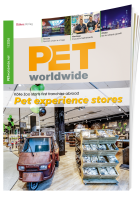



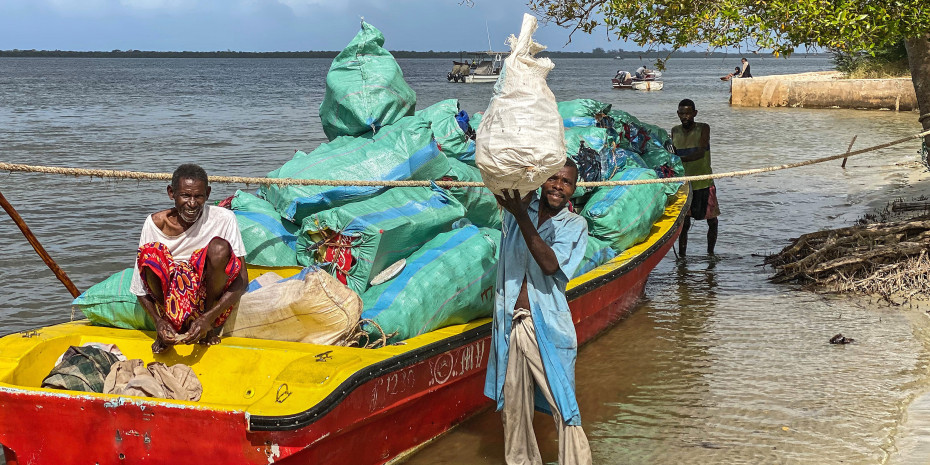

 4-5/2025
4-5/2025
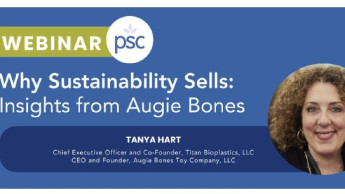
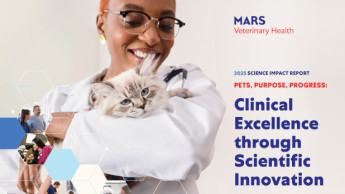
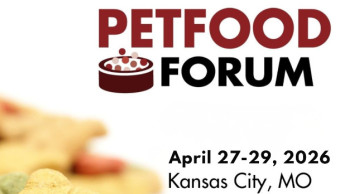
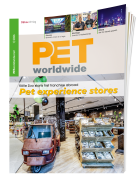
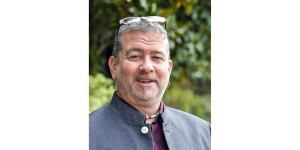


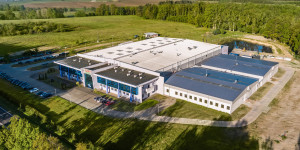
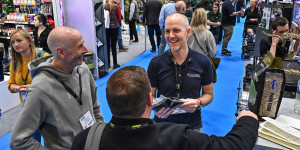



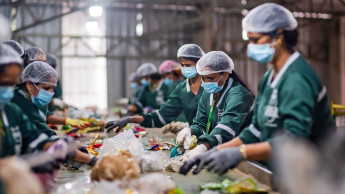
 Newsletter
Newsletter